This week Stu looks at Hifi Shows – remember them?
Last week we saw a glimmer of hope in the United Kingdom when the Prime Minister announced that by June 21st 2021 (under Step 4 of the governments planned response and return to normality with regards to Covid 19) there would be no legal limits on social contact, no legal limit on life-events, nightclubs could open and larger events would be allowed to take place. Huzzah! You know what that means don’t you? That only blooming well means that we can now have Hifi Shows once again. Needless to say, there are caveats and I remain healthily sceptical of any shows happening this side of 2022 – ever the optimist then, Stu? Anyway, despite my chirpy positivity (or not), it looks like sooner or later we are all going to be able to enjoy the spectacle that is THE HIFI SHOW once again…in Summer…perhaps…perhaps not!
I spend a good deal of time on social media and I get to read a lot of opinion from a lot of people both within and without the Hifi industry and recently a response to one of my posts, or one of my responses to another’s post, questioned the efficacy of Hifi shows, with others adding their comments both for and against the current model for these events. A handful of the comments that followed queried whether the time and expense of a Hifi show was a worthwhile use of resources, funds, and time (from an exhibitor’s perspective), and that got me thinking about the actual purpose of Hifi Shows and to look at the experience and expectations from all sides.
THE PLAYERS
The main players in this are the exhibitors, the organisers, the attendees (that’s you guys in the main) and the various journos and press types (that’s us lot) and I’ll try to look at what I think each of the different players in the game hope to get out of an event…and perhaps what they should bring to the event. It should be stressed that these are my personal thoughts founded on attending a fair few shows around the world over the last few years.
The Press
I’ll start with the subject from which I’m able to speak with the most confidence. From my viewpoint, a show is an opportunity to travel to one place and at one time and to interact with readers and people in the industry. It’s also a chance to go to launches of new products, meet newcomers with new projects and ideas, and last, but not least, a chance to unwind and enjoy the social occasion that a show offers. Don’t undervalue this last point!

A typical image after a Hifi Show in the bar – If I remember correctly.
The work that goes into a show for us shouldn’t be underestimated, though we may well make it look like a bit of a holiday. There is the preparation, the getting there, the miles of walking around exhibits, the listening to new products and taking note of what you have heard when there are dozens of other products vying for your attention, and then getting home, processing the hundreds of photographs and writing about your experiences. However, as my Dad always said whenever anyone complained about their job, “It’s not working down the pit, is it?” And no it’s not, in the great scheme of things, a difficult thing to do by any stretch of the imagination and I personally feel very fortunate to be able to call what I do my job.
The Organisers
This is an income stream for someone, and whatever the business model for their show the goal is the same for all organisers – make some dosh! Making that lolly doesn’t come easy and I think that many people take too lightly the months of planning and preparation that goes into organising an event. Let’s not forget that they are also putting their reputation and financial necks on the line too.
To my way of thinking, the organiser has the most difficult job of all, but then potentially they can be the greatest winners if all goes well. Looking from the outside, though I am somewhat involved, the whole planning and executing of a successful show is a bit like herding cats, juggling chainsaws, or knitting fog – the organiser has the most people to deal with, the most people to please, and the most people to appease should something go wrong. In short, getting it wrong is not an option for the organiser and they have to have every contingency planned for and an alternative, or several alternatives, on hand should things go awry…as something inevitably will.
Scientists call this phenomenon “The Law Of Sod.”
I’ve planned, promoted, and put on biggish events way back in the past and know first-hand that for months in advance you have a certain vision of what you want to see happen. But that ‘happening’ all comes together in just one moment in time and with everything you have done in the run-up having an influence on the success, or otherwise, of the night, day, or weekend. Personally, I don’t want that kind of stress anymore!
I’ve seen organisers running around like crazed loons in the weeks and days in the run-up to the main event. On the actual day, the majority of organisers seem to either be in some kind of zen-like trance where they float around safe in the knowledge that everything has been planned to the nth degree and nothing can go possibly wrong, or, the alternative, the organiser is seen running around like a headless chicken frantically herding the cats and trying to patch up where they misjudged a flying chainsaw. These ‘states of being’ are interchangeable and the previously calm and collected organiser can flip completely into some frenzied lifeform previously unknown to science outside the confines of the audio show. This Zen-to-feral state can happen for many and varied reasons – approach with caution! Likewise the headless chicken organiser can achieve what may look to the casual observer like some kind of meditative state. But don’t be fooled, this is in actual fact some kind of withdrawn and shut-off psychotic state. This also is a dangerous beast – approach with caution!

He may look calm but that’s the calm before the outburst
The Punter
That’s you that is! I’ve attended shows as a ‘punter’ and so I have a fair idea of what folk want to get out of a Hifi event – the ‘Punter’s Perspective’. Actually, what the press and what the attendees want to get from a show is not all that different. Attendees to a show want a well-organised event where they can get to hear lots of new kit, get to chat to dealers and manufacturers, make shortlists of prospective future upgrades, and meet up with friends they may well only otherwise interact with online.
Some may want to attend a show purely to tell all and sundry that they could knock the same product that costs thousands up in their shed and for four pounds and seventy six pence – i’ve seen this countless times.
There may even be attendees who are there to make a purchase at the show…and this is important as we shall see later in this piece.
Then there are the mischief-makers. I used to go on a forum (does anyone really still use forums?) and it was a bit of a thing, by way of a competition, to see who could clear a room the quickest by requesting the most displeasing of musical choices.
The Exhibitors
I don’t think exhibitors get enough credit and recognition for what many of them put into shows. They fork out for the room. They have to get themselves and staff, their kit, and promotional material to the show. They have to pay for hotels for themselves and their staff. They have to plan pre-promotion of their room in the relevant press, and they have to engage with an often dismissive audience. It’s not an easy job, and, despite how easy many exhibitors make it look, the preparation, planning, and logistics are considerable. I tip my virtual hat to you all!
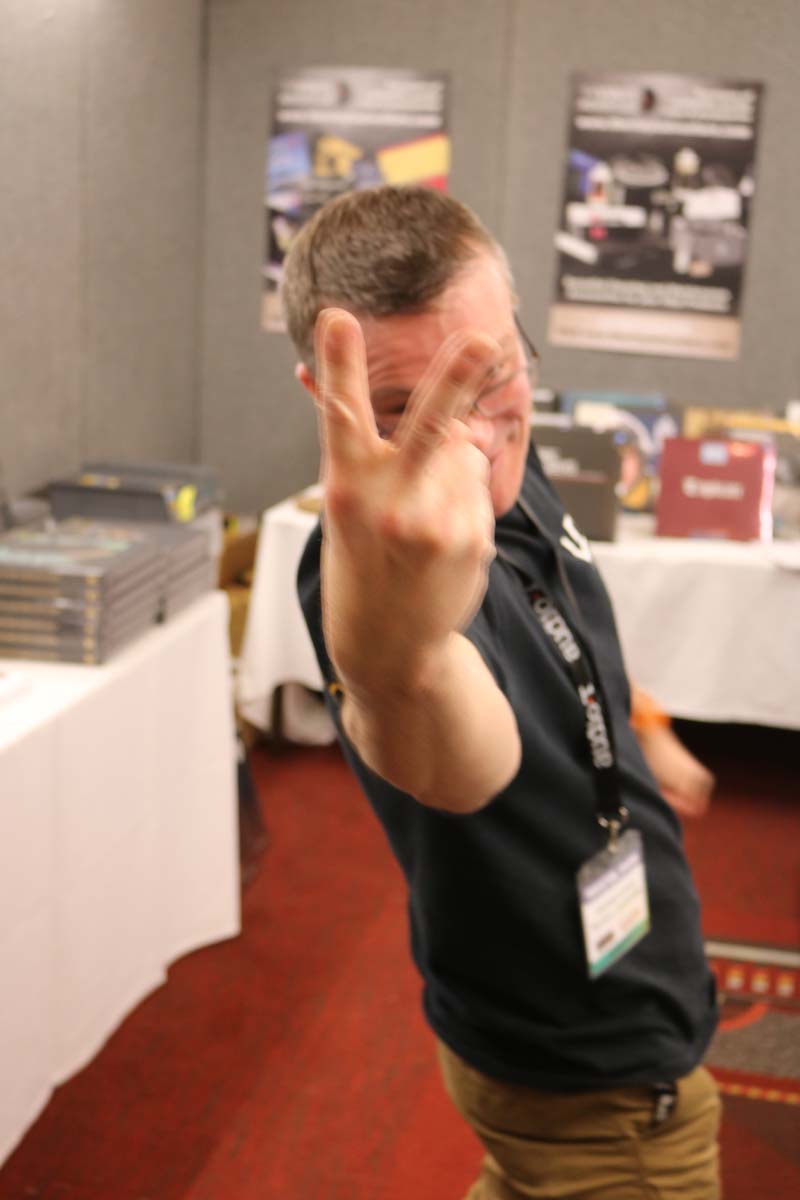
Most exhibitors are only too happy to help and answer your questions
So why would an exhibitor go to the not inconsiderable trouble of doing a show if it’s so much hassle. Well, if what I read online recently is anything to go by, the expectations of an exhibitor from an event are numerous and varied. However, I think it is fair to say that any exhibitor, at any show, and in any industry is looking for a return on investment on their time and money. This is why people are in business, surely? Now, the expectation of what that return on investment is may well be very different for different businesses within this wonderfully varied industry. Some will want to make direct sales at the show, some will want to make contacts for future potential sales, some will want to get images and comment of new products in the press, some will want to meet potential distributors or retailers, and some may well be there simply because they feel they should be there, or to have a bit of a break from the daily grind. Some may be there for the post-show shindig.
Let me say now that there are some exhibitors who truly excel at putting on a show and I could quite easily trot out name after name and brand after brand that get this job so absolutely right. Without exception, and in my opinion (it is Stu’s Views, after all), what the exhibitors who get this right do is plan well, have an inviting room, have sales literature to take away, and (and this is the important bit) ENGAGE WITH THE PUBLIC.
I was in sales for years, taught sales to new recruits, and trained existing sales teams, and the one thing that always stuck in my mind and I would always emphasise was “You never know if the next person you engage with is going to be a buyer or not, and so treat everyone as a potential sales prospect.” It’s not hard to do, but it is also really simple to get spectacularly wrong – overdo it and you come across as an excitable puppy chasing a non-existent ball, or (and I think this is worse) just sit there, not engage, and expect the sales to come running to you like an excitable puppy (though a different excitable puppy to the one mentioned previously) – those days are long gone, I’m sorry to say.
There are loads of anecdotes I could roll out here to demonstrate just how wrong people have got it, but I’m going to use just two examples too demonstrate my point. One comes from the Hifi world and one doesn’t.
- The Scruffy Millionaire. We had a friend who owned a huge company that had won lots of humungous government contracts to dismantle legacy infrastructure in the UK. He was also a very successful commercial property developer. He had a broad Yorkshire accent, a tell it like it is Yorkshire attitude, and, whilst he dressed appropriately for any occasion when needs must, he was most comfortable in his time away from work in trainers and tracksuits. Let’s call this fella Bryan because that’s his name. Now Bryan liked cars and he indulged himself regularly in his passion. One Saturday he awoke and decided he’d take a trip to the metropolis that is Sheffield to take a look at some cars – not the kind of thing most of us wake up and think, but hey, we don’t have money coming out of our ears. His first port of call was the Bentley dealership. He walked in and looked around the showroom for a while and eyed up the four-wheeled eye candy. Not one salesperson came up to chat with him and open up a bit of a conversation to find out why he was mooching around and potentially touching their expensive stock. Finally, HE approached a salesperson and, pointing to a new motorcar, asked “How much is that one?” To the trained (ore not so trained for that matter) ear, that one sentence is what we call ‘a buying signal’ and is, or should be, the salesperson’s cue to jump to it and get on with their job of selling the product, however unlikely the person in front of you looks to be a potential buyer. However, this salesperson couldn’t see beyond Bryan’s less than smart leisurewear and suggested that (and I cringe whilst I type this) “If you have to ask, the chances you can’t afford it!” Whoopsie! Bryan smiled, walked over to the dealer principal’s desk, left his card, and walked out. Said dealer principal called a few days later and obviously having done a bit of research on Bryan, to suggest he may like to pop along and test drive whichever vehicles he would like, whereupon our intrepid ‘no-mark’ politely declined the offer and told the chap on the other end of the phone that on that same day he was not dealt with properly in his dealership he had gone elsewhere and bought a new Mercedes, a new Range Rover, a new Porsche and several other bits and bobs that may or not have included a caravan – really! The lesson here is obvious!
- The Secret Shoppers. Many years ago we attended a show and employed the services of two secret shoppers. Actually, they were pretty well-to-do friends of ours. We sent them around a show with a fictitious and theoretical £30,000 (thirty thousand English pounds) to spend on the day. The last time I looked thirty thousand pounds was a big pot of spondoolies. Our aim here was to get general feedback about the show and how they worked from the business side of things – we were new to all this way back then. We regrouped at the end of the day and their feedback was somewhat telling and along the lines of – “Very few exhibitors engaged with us in ANY way, shape, or form.” From my perspective, that is at best a wholly wasted potential opportunity on behalf of exhibitors, and we fed that back to the organiser accordingly. However, during the feedback session we were told the following story, and I’m paraphrasing – “We walked into one room where there was some clearly expensive HiFi and sat down. We were the only people in the room other than the exhibitor who was speaking loudly into his phone. We caught his eye and asked if we could listen to the music playing as we were potentially interested in buying something for our home, only to be told to come back later as the exhibitor was on the phone to a dealer.” The lesson here is obvious too! Whoopsie!
Now I know being an exhibitor is not easy, and I know for many, particularly those whose expertise is in making outstanding sounding products, that engaging with the public and taking on a sales role is well out of their comfort zone, but at least try…or employ someone to do the role of representative for you.
THE FUTURE?
Personally, I see Hifi Shows as HUGELY beneficial to the industry as a whole and I know that people both within and without the commercial side of things are itching for shows to be something more than a distant, if hugely entertaining and enjoyable, memory.
We all have our favourite audio shows and they all feel slightly different and with their own personality, but I maintain that they are a huge opportunity for everyone involved to grow and prosper – or if you are a punter, to have an absolutely belting day out listening to fantastic tunes on the equally brilliant kit, whilst having the chance to have a few beers with your mates in the bar before, during and after the doors to the main event open/close.
I for one see the future of the more well-done shows as being very rosy and we will continue to attend and support them whilst ever we are able.
See you there soon!

Stuart Smith
CHECK OUT OUR EVER CHANGING HIFI DIARY
























































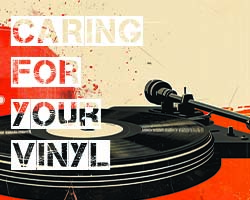


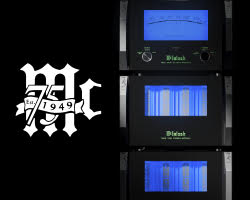
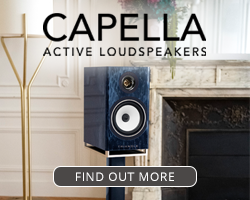

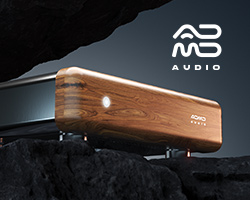



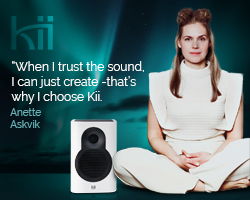


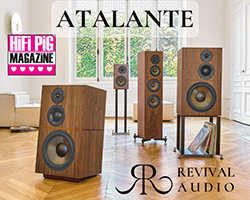
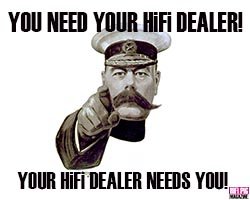
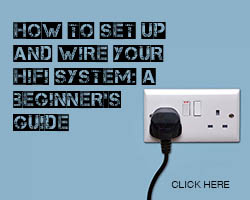


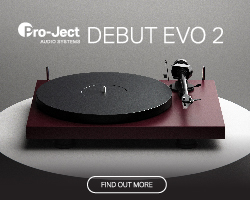


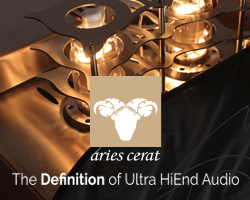
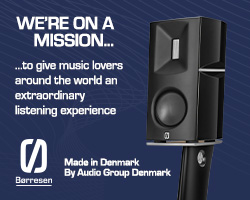

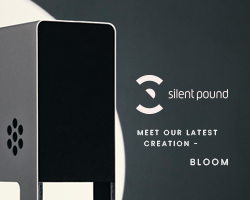

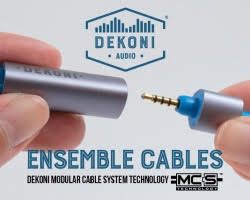
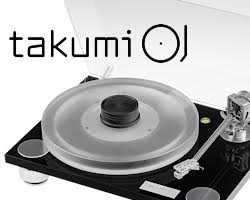
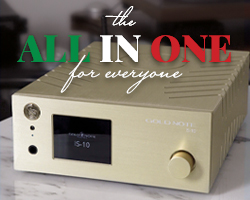
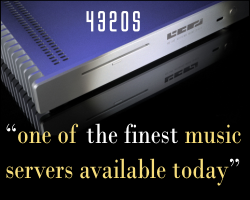
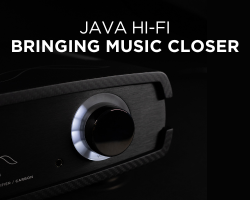
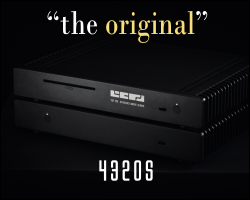
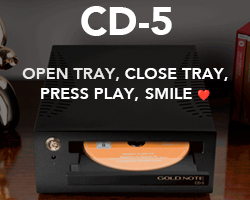








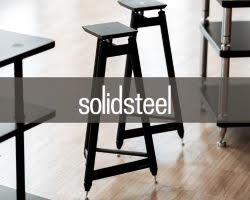
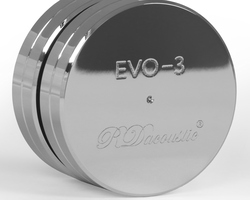
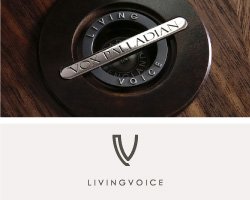
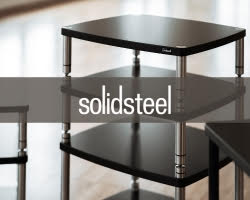
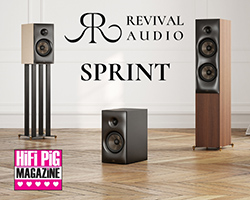
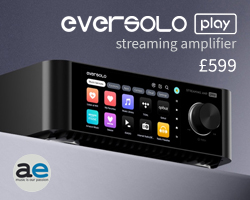




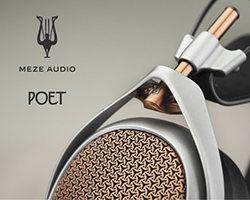
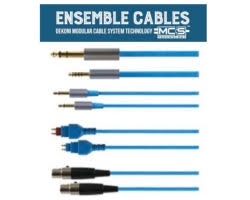



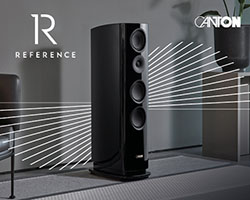

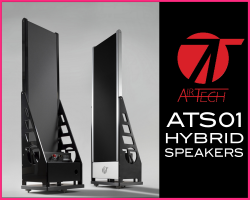



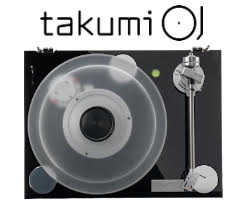
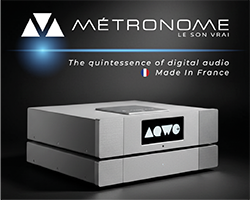
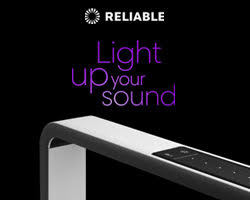

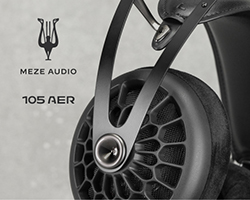



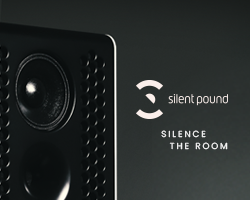

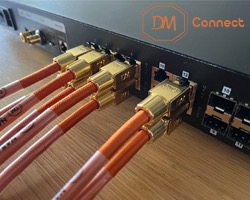





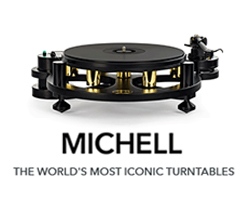
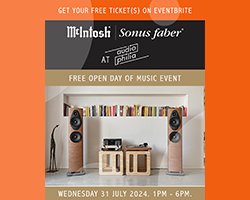











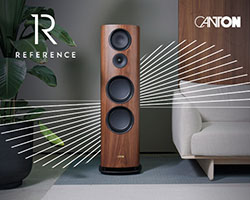
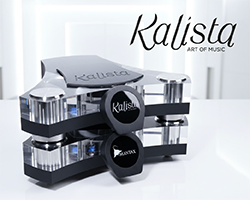

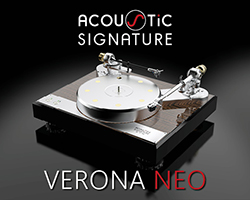

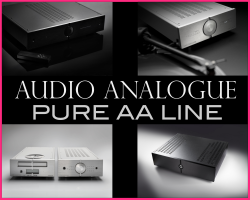























































You must be logged in to leave a reply.